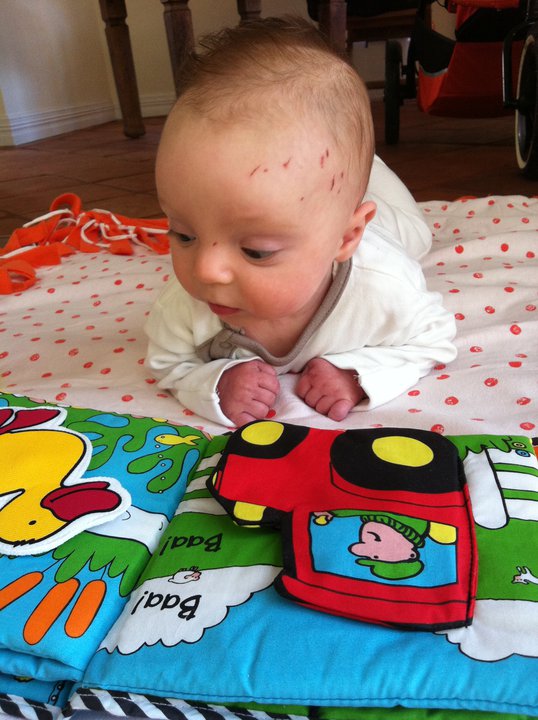Reminder – Board meeting & Guest speaker – MATTHEW Eakin
On Wednesday 7th September at 7.00pm EST. All welcome to attend but you need to contact me at johnroberson@bigpond.com by 12.00 noon Wednesday 7th if you want to be sent the email with the link to the GoToMeeting
Co-Chief Mountaineer and International Representative
Matt grew up in country Australia, approximately 300kms from Sydney. He first visited the Australian snowy mountains when he was 7, from then on he was hooked and began travelling and vigorously exploring mountains everywhere. This continued throughout the completion of his University Studies, graduating with a bachelor of Commerce and Law. He then began work as a tax solicitor while he pursued his passion part time. His love for adventure has seen him travel all over the world avidly pursing his sporting interests – trail running, rafting, trekking, climbing, paragliding, mountaineering, mountain biking and snow skiing. His love of adventure was so strong he attempted to become a full time professional athlete, being sponsored by an international shoe company. He also became preliminary talks to establish an adventure company in Australia, which was not to be. It was on a fateful trip to Nepal in 2009 to explore more mountains and culture that he met Prakash. They instantly bonded over their mutual love of Nepal – her people, her mountains and her culture. Matt particularly loves the spiritual and peaceful experiences that result from all these aspects together, in particular being in the high mountains. His goal with Hike Himalaya Adventure (“HHA”) is simple, share these experiences and feelings of what it is like being in the mountains with others – the high altitude, the humility of the mountains, engaging with the mountains and the healthy lifestyle of being outdoors. Matt has spent much time undertaking expeditions throughout the Himalaya’s and broader Nepal since first arriving and especially enjoys the Annapurna region. His latest expedition in March 2013 involved running the trails up to and around the Annapurna Base Camp region and surrounding lower peaks. During a two week period at altitude he ascended some net 17,000 vertical meters.
Whilst Matt vigorously pursues physical activities in Nepal he is equally interested in exploring the spiritual and cultural side. He has recently undertaken a 10 day Buddhist sit meditation and would like to explore similar experiences further
Importantly, Matt is also passionate about ensuring HHA supports and benefits local people, currently focusing on the Dhading region of Nepal where Prakash is from. HHA aims to achieve this by working with communities to establish sustainable community projects. This has involved teacher training, dental health initiatives and building programs. Finally, when Matt isnt mountaineering crazy and exciting expeditions in the Himalayas he is found running trails, riding his mountain bike or skydiving.
Posted by DG Michael Milston FOR Basic Education & Literacy Month

- influences within themselves – their genetic inheritance, temperament, gender, and health
- influences within the family – family relationships, parenting styles and values, the family’s financial situation, parents’ level of education, parents’ occupation, and parents’ physical and mental health
- influences within the community – children’s services (both availability and quality), support for parenting, housing (both quality and security of tenure), safety and crime in the neighbourhood, unemployment levels and the general feeling of trust among the residents
- influences within their culture – with different cultures marked by differences in parenting styles, beliefs and values, and different views on how children should be educated.
- adults who help them to stay safe and healthy
- positive caring relationships that are ongoing – the most important factor in supporting a child’s learning. All children need people, or at least one person, who believe in them, care for them, and want to support them as learners. Children do some of their most powerful learning from copying what people around them do, so it is important that they are with adults who are learners themselves
- adults who appreciate the uniqueness of each child, and who respect and respond to the child’s feelings, needs and interests
- help to learn to control their behaviour and patient teaching about what behaviour is accepted
- opportunities to ‘be in the world doing things’. Children need to be actively involved in meaningful experiences
- books to look at and read, stories to listen to and people with whom to have conversations. Loving language and books makes a great and strong start to developing a wide vocabulary and literacy skills
- time to really get involved and build relationships with other children and adults
- a group experience – this might be a playgroup, a childcare or occasional care centre, a family day care home, a kindergarten program, school or outside school hours care